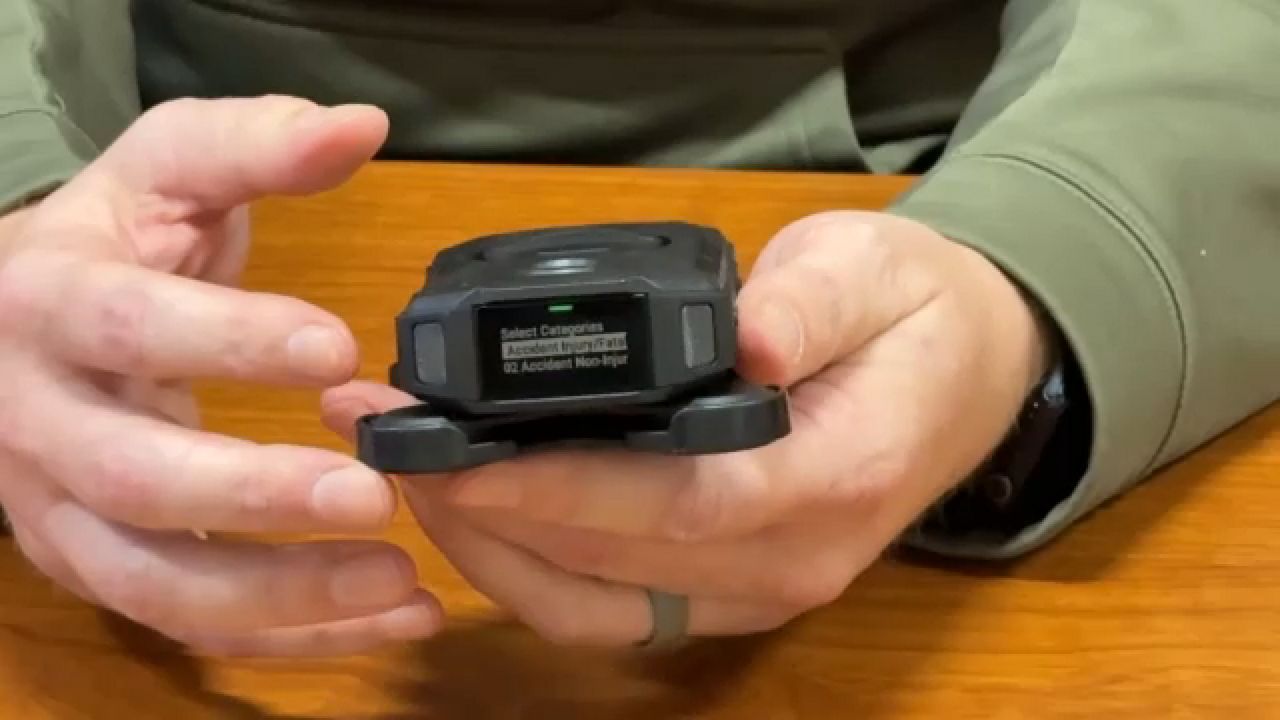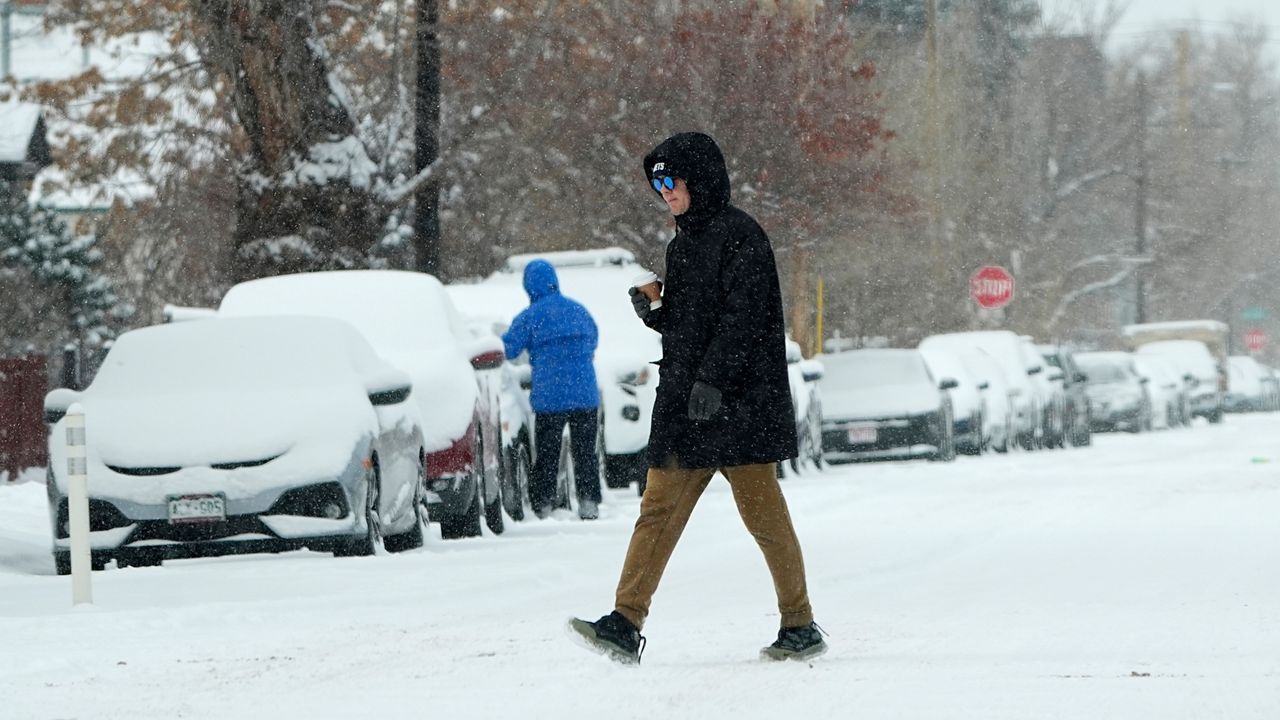New York state has a clear set of laws to help police and doctors determine when a person with mental health issues can be held in a jail or a hospital without consent, even after several run-ins with the law.
Monroe County has its own program which partners clinicians with law enforcement agencies to handle cases involving people with mental health needs.
The police radio that sits on Kimberly Butler's desk is a key part of her job. Butler oversees Clinical and Forensic Services for the county. Calls made to her office through the radio dispatch members of the county’s Forensic Intervention Team, or FIT.
“People move, and people in need move a lot,” said Butler. “So that way different jurisdictions can know if someone self-reported a diagnosis or had a history of violence."
The case of Jamal Dima, accused of stabbing a Rochester police officer Sunday, raises questions about law enforcement and mental hygiene. Dima's father said police have responded several times for his son's mental issues.
“I can't get into the mental hygiene aspect,” said Rochester Police Chief La’Ron Singletary outside city court Tuesday. “But I can tell you he was known to law enforcement."
What happens after a mental hygiene call, says Butler, is governed by state law, which sets specific guidelines for when a person can be taken to a hospital on a mental health arrest or not.
“Once the determination is made that someone requires inpatient stabilization, it doesn’t necessarily require their consent in the sense that it's a voluntary admission because it's determined that a person is mentally ill and their illness is causing them to be a danger to themselves and others,” she said.
When that's not the case, the person in question can't be held. Instead of hospitals or jails, the FIT team can help people in crisis get the help they may need.
Last June, Monroe County launched a new database, which includes information on prior incidents involving any of the county's eleven police agencies. Officers have that info at their fingertips, through computers in their cars.
“The benefit of that is we're able to know who we're transporting,” said Butler. “We don't know who we're helping and who we're not helping if we're not able to utilize that information."
With nearly 5,800 mental health transports in Monroe County last year alone, it’s another reason why that radio on Butler's desk is there in the first place.
“The more information we can give officers, it's only going to benefit them, as well as the individuals they encounter,” she said.









